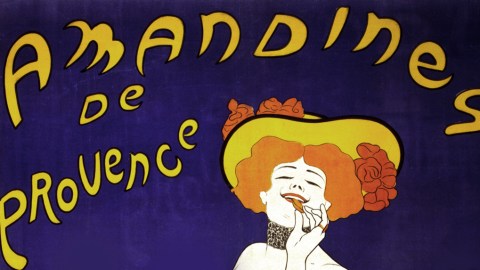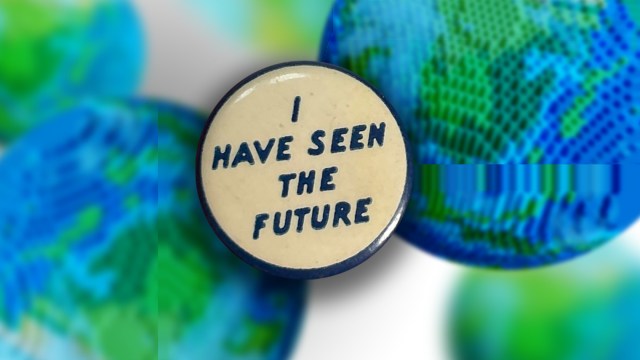You are not what you eat. It’s time to dispel this diet cliché

- "You are what you eat" is one of the most common clichés in dieting and health, entering wide use with the publication of Victor Lindlahr's book in 1942.
- The phrase narrowly posits that our health is solely determined by dieting, something that advocates of fad diets also want us to believe.
- The reality, however, is that our health and longevity are determined by much more than just diet. Exercising, avoiding risky behaviors, and staying productive can offset a less-than-perfect diet.
“You are what you eat.”
It’s difficult to disagree with that cliché. Put a lot of garbage down your gullet — foods that are highly processed with loads of sugar and salt and devoid of fiber and nutrients — and you’ll likely find that, over time, your body will turn to trash as well.
The phrase does, however, lose its luster a bit when you consider who popularized it. Victor Lindlahr was a nutritionist, author, and practitioner of osteopathic medicine in the discipline’s pseudoscientific days. Considered one of the earliest proponents of fad diets, he wrote the book You Are What You Eat: How to win and keep health with diet, which was published in 1942. The book, which sold over half a million copies, asked odd questions like, “Can certain foods aid in correcting unpleasant breath?” and, “What foods are of value in relieving bleeding gums?”
Influential nutritionist Fredrick J. Stare, who founded the Department of Nutrition at Harvard School of Public Health and advocated “prudence and moderation” as the key to healthy eating, called Lindlahr’s book “quackery.” Nevertheless, Lindlahr’s signature phrase, “You are what you eat,” became ingrained in the public consciousness.
You aren’t what you eat
Beyond its sketchy origins, “You are what you eat” takes a bigger hit when one considers the phrase more literally.
“What it suggests is that our health is rigidly determined by the specific foods and nutrients we put in our bodies. It says that if two people put the same foods in their body, they will have the same level of health,” sports nutritionist Matt Fitzgerald wrote in his 2014 book Diet Cults, in which he berated many popular diet trends for being unscientific and ultimately ineffective. “The healthy-diet cults unanimously subscribe to this principle… After all, the diet cults are in business to convince us that we can attain maximum health only if we eat what they tell us to eat.”
Science has revealed a more nuanced truth, Fitzgerald says. “We are what our bodies do with what we eat,” he clarified.
The two great pillars of a healthy body are diet and exercise, and both affect physical functioning. “You are what you eat” ignores the fact that what we do with our bodies may be just as important as what we put in them.
“If the body’s basic metabolism zeroes out small to moderate differences in diet, exercise neutralizes moderate to large differences. It is like a great sculptor who can fashion the same beautiful form of various materials, including some of indifferent quality,” Fitzgerald wrote.
Fitzgerald cautions that one cannot simply eat whatever one wants. Candy for every meal will not provide the nutrients that the body needs. But one also doesn’t have to eat a perfect diet all the time to maximize health and longevity.
As the century-long Longevity Project, a study which followed long-lived individuals, has shown, there are numerous aspects of a person’s life equally or more important than diet that dictate health and lifespan. Simply being ambitious, productive, and engaged while avoiding destructive behaviors like smoking, drinking to excess, abusing drugs, or driving too fast prolongs life and keeps us in good shape.
So yes, we are much, much more than what we eat.





